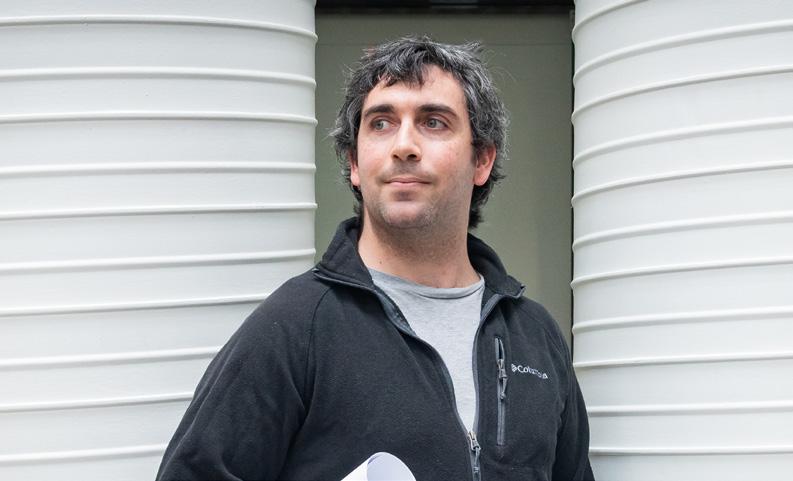Picture credit: NZ Herald
GEOTECHNICAL ENGINEERING
When is a Geotechnical Engineer Required? Structural engineers doing residential work are f requently asked to provide geotechnical engineering input. Often, this work is within the bounds of their competence, and they can undertake it. But where do those bounds lie? How does a client, architect or building consent authority (BCA) know what an average structural engineer is capable of undertaking? A recent Disciplinary Committee decision by Engineering New Zealand found an engineer had acted beyond his competence and experience concerning geotechnical investigations, analysis, and design. His approach did not represent good engineering practice – the investigations he undertook were insufficient and
1
relied heavily on empirical solutions and third-party reports prepared for other purposes. The engineer was censured, fined, and ordered to pay costs. It’s not a new problem. More than a century ago in Dunedin, R A Lawson designed many schools, warehouses, commercial buildings, churches, and one cathedral f rom 1862. Several of his designs still stand today, but he also designed a mental hospital on ground susceptible to landslides. Structural defects began to appear even before the building was completed, and a major slip rendered the northern wing uninhabitable. In 1888, Lawson was found negligent and incompetent.1 Most structural engineers do not
https://teara.govt.nz/en/biographies/2l5/lawson-robert-arthur
4
Straight Up | Autumn 2022
undertake complex geotechnical work, and therefore cannot be assessed in the area when they apply to become chartered. CPEng Registrar Peter Lourie says Practice Area Descriptions and Practice Fields do not preclude an engineer f rom practising in other areas or fields of engineering. Through self-regulation and an annual commitment to the Code of Ethical Conduct, a CPEng is expected only to undertake work that they can complete successfully within their competence. The confusion leads to some BCAs refusing to accept foundation work f rom structural engineers because of concerns those engineers are working outside of the bounds of their competence. That has led to multiple Request For Information












